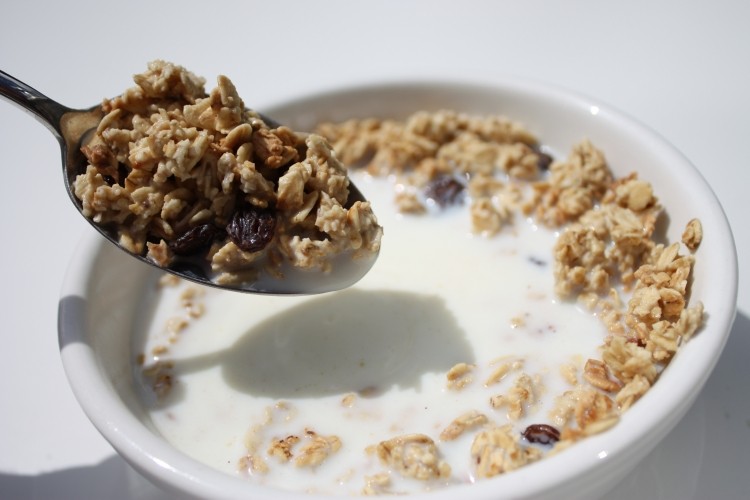High fibre diet ingredient IP6 backed for prostate cancer prevention

Writing in Cancer Prevention Research, monitored prostate cancer progression in mice fed with inositol hexaphosphate (IP6) – a major component of high-fibre diets, but also available as a dietary supplement – or a control diet .
Led by Komal Raina from the University of Colorado Cancer Center, USA, the team used MRI to monitor the progression of prostate cancer in the mice, finding that feeding with what is believed to be one of the main active ingredients of a high-fibre diet (IP6) blocked prostate tumours from making the new blood vessels they needed to supply themselves with energy.
Without this energy, prostate cancer couldn't grow, they said.
"The study's results were really rather profound,” said Raina. “We saw dramatically reduced tumour volumes, primarily due to the anti-angiogenic effects of IP6."
“These findings show that oral IP6 supplement blocks growth and angiogenesis of prostate cancer in the TRAMP model in conjunction with metabolic events involved in tumour sustenance,” wrote the research team.
“This results in energy deprivation within the tumour, suggesting a practical and translational potential of IP6 treatment in suppressing growth and progression of prostate cancer in humans,” they explained.
Cultural differences
The US-based researchers noted that while the rate of prostate cancer is similar between Asian and Western populations, the way in which the condition progresses is significantly different between the two.
"Researchers have long been looking for genetic variations between Asian and Western peoples that could explain the difference in prostate cancer progression rates,” explained Raina. “Now it seems as if the difference may not be genetic but dietary.”
“Asian cultures get IP6 whereas Western cultures generally do not," he added.
Study details
Mice genetically programmed to be predisposed to prostate cancer were given either a control diet or a diet supplemented with IP6.
Beginning at four weeks of age, the mice were fed with 1%, 2%, or 4% (w/v) IP6 in drinking water or only drinking water until 28 weeks of age. The mice were monitored using MRI over the course of study.
The team found that the IP6 supplementation blocked the formation of new blood vessels in the tumour sites – meaning that the tumours could not grow and more.
Likewise, treatment with IP6 slowed the rate at which prostate cancers metabolized glucose, said the research team.
Source: Cancer Prevention Research
Published online ahead of print, doi: 10.1158/1940-6207.CAPR-12-0387
“Inositol Hexaphosphate Inhibits Tumor Growth, Vascularity, and Metabolism in TRAMP Mice: A Multiparametric Magnetic Resonance Study”
Authors: Komal Raina, Kameswaran Ravichandran, Subapriya Rajamanickam, Kendra M. Huber, Natalie J. Serkova, Rajesh Agarwal












